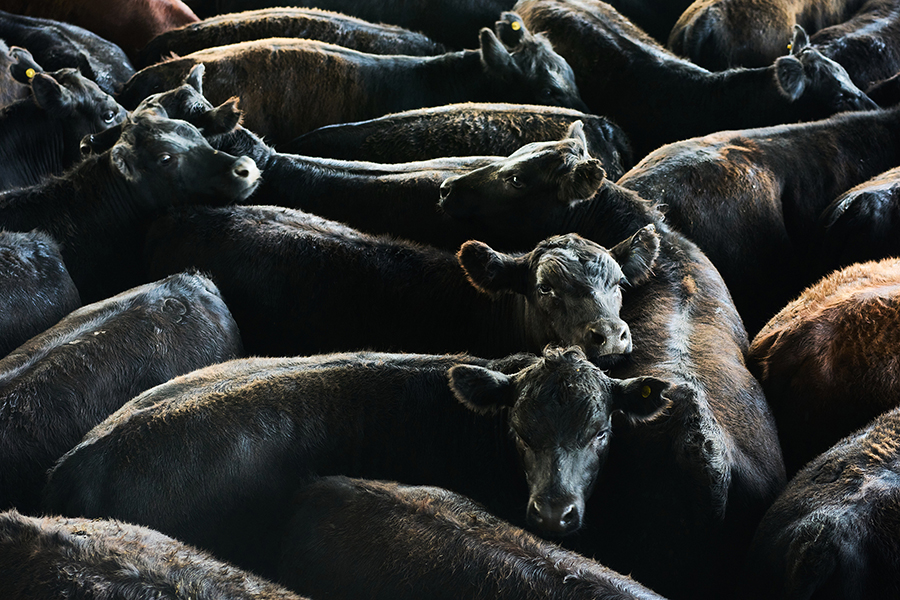Copyright Arizona Capitol Times

Key Points: Arizona agricultural groups oppose beef imports from Argentina Low cattle herds and drought cause market interference concerns, high prices The US Department of Agriculture plans to lower prices by increasing grazing allotments nationwide A couple of Arizona’s agricultural groups are calling on the federal government to reconsider its plan to import beef from Argentina in an effort to lower prices. The Arizona Farm Bureau and the Arizona Cattle Growers’ Association have raised concerns that the proposal could cause market interference at a time when cattle herds are at historically low levels and ranchers are contending with drought, high feed and supply costs, and low crop prices, according to the groups. The organizations have joined other agricultural groups and lawmakers across the country who have panned the plan from President Donald Trump to quadruple Argentinian beef imports. “This will do little to reduce beef prices for consumers because even if Argentinian beef imports were doubled, it would still represent only a small fraction of overall imports so (it) would not, in effect, reduce prices at the grocery store,” according to an Arizona Cattle Growers’ Association press release. “Government involvement in the free market never ends well and sets a perilous precedent for all commodities. Our country is based on the free market of goods and should not be so directly manipulated.” Ranchers attributed the price increases to the low numbers of cattle, which they say have been exacerbated by drought, regulatory burdens and reductions in the amount of available federal land available for ranching. “It’s the decreased amount of cattle in the United States, which has contributed to an increase in price. So … it’s a basic supply and demand cycle,” said Ben Menges, a rancher who serves as president of the Graham County Farm Bureau and is a member of the Cattle Growers’ Association’s board. Cattle ranchers have struggled to make a profit, which has also kept cattle numbers low, said rancher Brian DeGanahl, who is president of the Arizona Cattle Growers’ Association. “The rancher is not going to increase his cow numbers unless he’s making a profit,” DeGanahl said. “And that’s another reason for these low cattle numbers. It just hasn’t been a profitable business for a decade now.” The agricultural groups have proposed opening more land to permittees, which they say could increase the number of cattle farmers and herds, lowering beef prices. “For the last 40-plus years, we’ve been on a trajectory of limiting what ranchers can do, federal grazing leases and allotments between the (U.S.) Forest Service, between the Bureau of Land Management land,” said John Boelts, president of the Arizona Farm Bureau. “A lot of those restrictions were unnecessary. They were for arbitrary reasons and they certainly weren’t for using the land to the best of its ability.” The U.S. Department of Agriculture appears to be heeding the recommendations of agricultural groups after announcing a plan last week to increase access to grazing allotments, streamlinee permitting and authorizations, and implement other initiatives intended to grow cattle herds and boost domestic and international demand. The agricultural groups have expressed confidence that these proposals will ultimately lead to lower prices and reduce the need for the government to import foreign beef. “I think we need to look at the challenges we have in public policy, on the labor front, on the infrastructure front, on getting public lands and our federal lands, making them all working lands again, all those sorts of things,” Boelts said. “Solving problems for ranchers and livestock processing plants for labor, solutions, looking to grow, build and produce more in this country will have lasting value for the consumers.”



